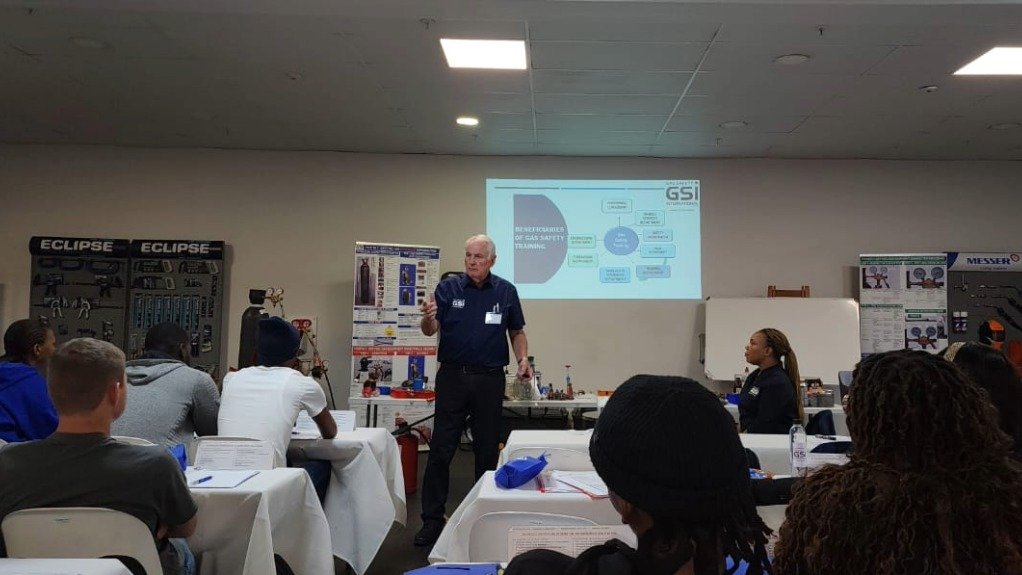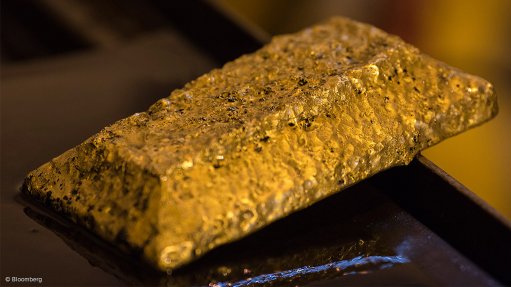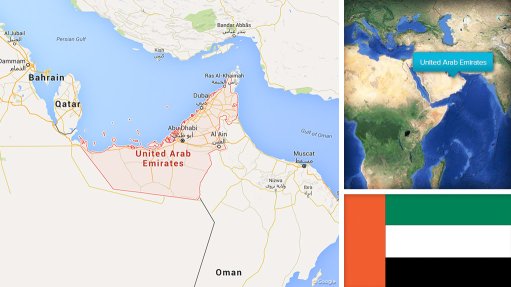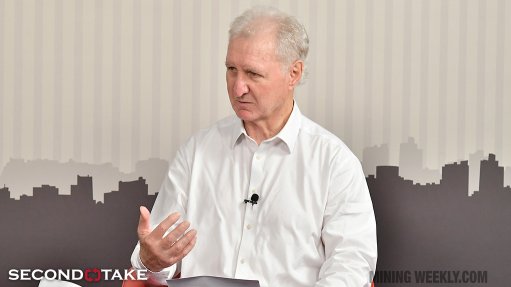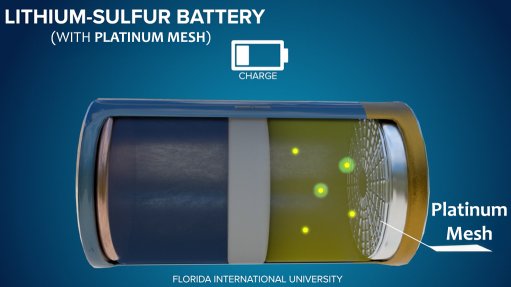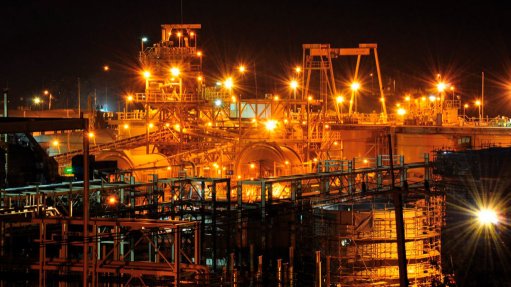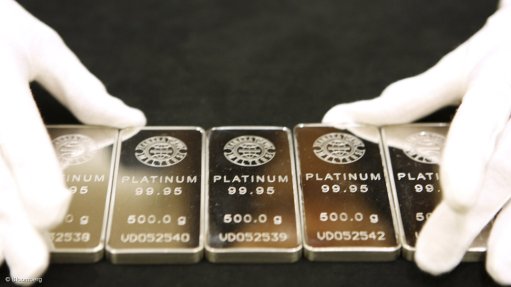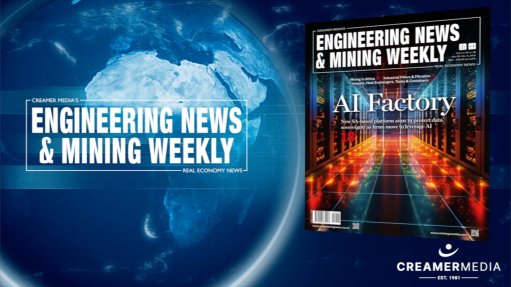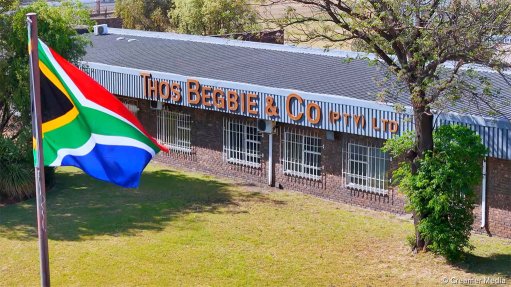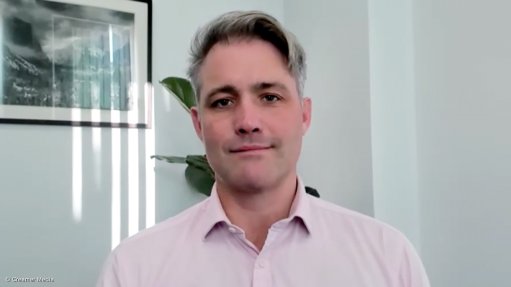Beyond compliance: GSI enhances industrial safety through best-practice, ECSA-accredited compressed gas safety training
Compressed gas safety is one of the most critical issues throughout industry today. Across many sectors including mining, petrochemical, maritime and engineering, the risk of fires, explosions and equipment failures related to the use of compressed gas in activities such as welding remains ever-present. In response, GSI, a subsidiary of First Cut, has over the last forty years positioned itself at the forefront of industrial safety training, offering a comprehensive, Engineering Council of South Africa (ECSA)-accredited programme which goes beyond compliance, to deliver lasting workplace improvements.
Unique accreditation and international recognition
Compressed gas remains a cornerstone of industrial processes. However, without proper training, the risks are considerable. Peter Rohlssen, Managing Director at GSI, explains: “Gas safety training is not a box-ticking exercise. It is about protecting lives and property – as well as ensuring sustainable business operations.”
GSI’s comprehensive compressed gas safety training covers the technical and human aspects of safety. “We distinguish between Safety One - which is ensuring safe and compliant equipment - and Safety Two, which is about correct training of the operators who use it. True safety can only be achieved when both elements are fully addressed,” Rohlssen advises.
Currently, GSI is the only ECSA-approved compressed gas safety training service provider in Africa. ECSA subjects every course to rigorous review by engineers before granting approval. Every year, GSI must resubmit its material for re-evaluation, ensuring that its courses remain aligned with the latest safety standards and industry best practices.
“Our training material is carefully assessed and re-approved annually. This ensures that our courses are not only technically sound, but also up to date with evolving industry standards. Our clients know they can rely on us for world-class training, which is benchmarked against global best practice,” Rohlssen says.
GSI’s Level Three course carries five Continuous Professional Development (CPD) points, an important incentive for engineers, who must retain their professional accreditation. This recognition underlines the depth of the training and its contribution to career progression, while also demonstrating its importance in meeting legal and regulatory requirements such as those set out in the Mine Health and Safety Act.
Cost versus benefits of training
Some companies still view training as an avoidable expense. GSI is quick to point out that the cost of training is negligible compared to the financial, legal and reputational consequences of an accident. Rohlssen explains: “For example, if a training course costs one hundred thousand rand, the potential cost of a major incident at a mine can easily exceed many millions of Rands. When the consequent reputational damage and downtime are also factored in, the training return-on-investment is obvious. Training is the most effective way to reduce risk and ensure compliance while maintaining operational continuity.”
This cost-benefit perspective is reinforced by GSI’s internal training material, which emphasises how risk assessment, decision-making and risk management ensure elimination of hazards: “Without a proper understanding of compressed gas safety, companies end up tolerating high levels of risk. With the right training, however, there is a clear pathway towards effective risk assessment, structured decision-making and ultimately the elimination of hazards,” Rohlssen says.
Flexible, bespoke training
GSI offers bespoke training programmes tailored to specific vertical industries and client needs, ranging from mining to petrochemical plants, shipyards and even universities. This flexibility allows GSI to address unique hazards, procedures and operational contexts.
“We have designed and delivered customised training solutions across many industries,” Rohlssen says. “Whether it is a mine, a shipyard or a chemical plant, our focus remains the same: to empower operators and managers with the knowledge to reduce compressed gas safety risks and ensure a safe working environment.”
Rohlssen warns against the rise of unaccredited providers offering short, superficial courses which fail to address the full spectrum of compressed gas safety risks: “Mediocre training may appear to be attractive because it is shorter or cheaper - but it does not stand up to scrutiny,” he says. “GSI’s five-day compressed gas safety training programmes are comprehensive because they need to be. We cannot compromise when people’s lives are at stake.”
The company’s global track record, experience and outlook - demonstrated by its training initiatives not only in Europe but also in Malaysia, India, and both north and south America - reinforces the universality of compressed gas safety risks, and the importance of consistent standards across borders.
“Our role is not only to deliver accredited training, but also to change mindset and behaviour. We want companies to move from a culture of reactive to one of proactive safety. When compressed gas safety training is embraced, accidents decrease, productivity improves and workers go home safely at the end of the day. That is the ultimate measure of success,” Rohlssen concludes.
Article Enquiry
Email Article
Save Article
Feedback
To advertise email advertising@creamermedia.co.za or click here
Announcements
What's On
Subscribe to improve your user experience...
Option 1 (equivalent of R125 a month):
Receive a weekly copy of Creamer Media's Engineering News & Mining Weekly magazine
(print copy for those in South Africa and e-magazine for those outside of South Africa)
Receive daily email newsletters
Access to full search results
Access archive of magazine back copies
Access to Projects in Progress
Access to ONE Research Report of your choice in PDF format
Option 2 (equivalent of R375 a month):
All benefits from Option 1
PLUS
Access to Creamer Media's Research Channel Africa for ALL Research Reports, in PDF format, on various industrial and mining sectors
including Electricity; Water; Energy Transition; Hydrogen; Roads, Rail and Ports; Coal; Gold; Platinum; Battery Metals; etc.
Already a subscriber?
Forgotten your password?
Receive weekly copy of Creamer Media's Engineering News & Mining Weekly magazine (print copy for those in South Africa and e-magazine for those outside of South Africa)
➕
Recieve daily email newsletters
➕
Access to full search results
➕
Access archive of magazine back copies
➕
Access to Projects in Progress
➕
Access to ONE Research Report of your choice in PDF format
RESEARCH CHANNEL AFRICA
R4500 (equivalent of R375 a month)
SUBSCRIBEAll benefits from Option 1
➕
Access to Creamer Media's Research Channel Africa for ALL Research Reports on various industrial and mining sectors, in PDF format, including on:
Electricity
➕
Water
➕
Energy Transition
➕
Hydrogen
➕
Roads, Rail and Ports
➕
Coal
➕
Gold
➕
Platinum
➕
Battery Metals
➕
etc.
Receive all benefits from Option 1 or Option 2 delivered to numerous people at your company
➕
Multiple User names and Passwords for simultaneous log-ins
➕
Intranet integration access to all in your organisation



